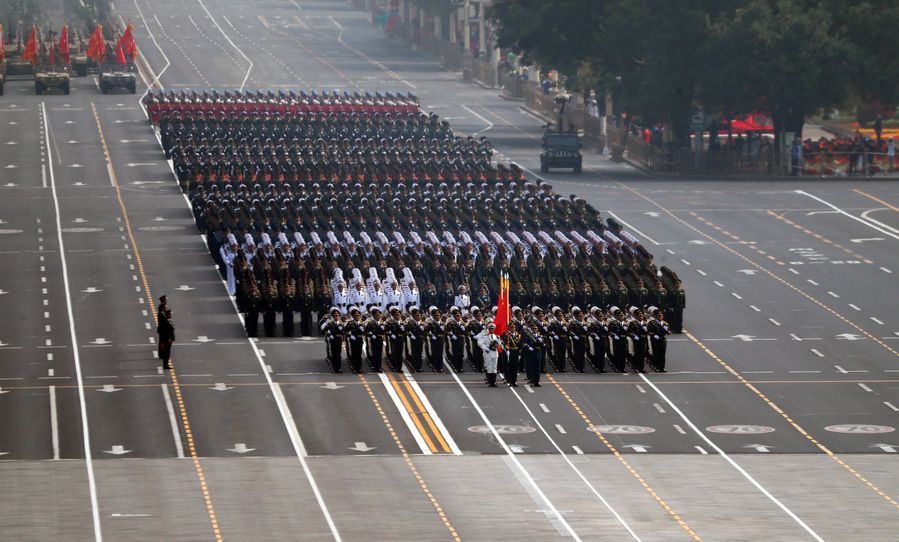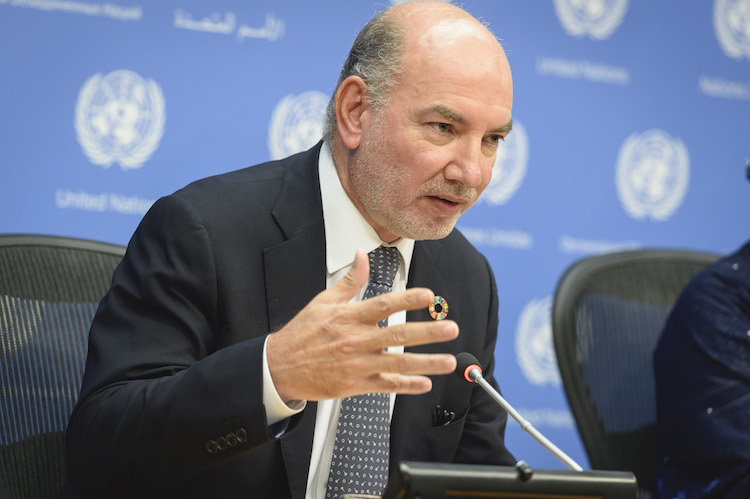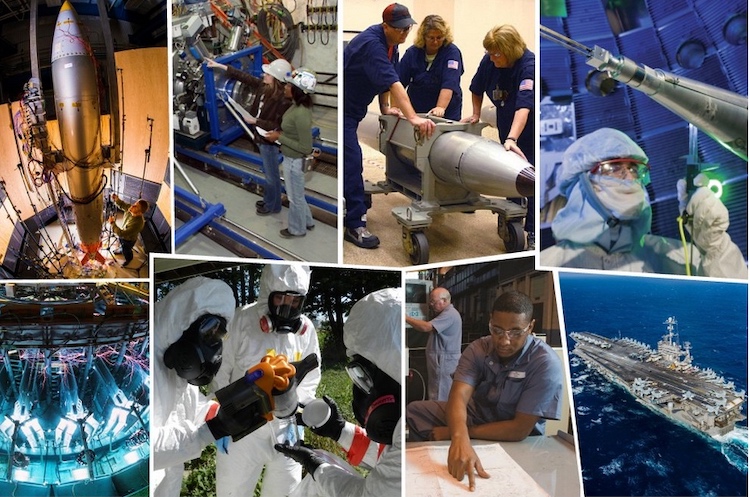Viewpoint by Somar Wijayadasa* NEW YORK (IDN) – On October 1, China’s President, Xi Jinping, celebrated 70 years of Communist party rule, and its rise to superpower status, at Tiananmen Square in Beijing that consisted of a military parade and hundreds of thousands of people participating in the event ending with a grand pageant. The […]
A New Iran Deal French Proposal on Hold as Tensions Mount
Viewpoint by Daryl G. Kimball and Julia Masterson The following are extensive extracts from an that analysis first appeared on the website of Arms Control Association (ACA) on September 24. Daryl G. Kimball is ACA Executive Director and Julia Masterson research assistant. WASHINGTON, DC (IDN | Arms Control Association) – The latest attempt by European […]
Another War Looms over Yemen as Situation Gets Complicated
Viewpoint by Manish Rai NEW DELHI (IDN) – In August, the port city of Aden, which is currently the seat of exiled President Abdrabbuh Mansur Hadi government, was captured by southern separatists demanding secession of South Yemen. The separatists are backed by the UAE, Saudi Arabia’s “So Called” partners in Yemen. The recent clashes are […]
Young People Are Right About Climate Change
Viewpoint by Luis Alfonso de Alba The writer is the UN Secretary-General’s Special Envoy for the Climate Action Summit. NEW YORK (IDN) – Climate change is not a far-away problem – it is causing huge damage right now in Asia-Pacific and around the world. From air pollution choking many major cities, to more extreme heat […]
Climate Change: A People-Centered Approach
By Dr. Daisaku Ikeda, President, Soka Gakkai International (SGI) TOKYO (IDN) – “That which is common to the greatest number has the least care bestowed upon it,” observed Aristotle, highlighting an all-too-common human tendency. His warning is still relevant today, especially in our fight against climate change. The Paris Agreement, adopted in December 2015, is […]
Censorship at the Heart of the UN is a Betrayal of its Charter
Viewpoint by Jonathan Power LUND, Sweden (IDN-INPS) – The UN Human Rights Council (UNHRC) has long been controversial. Back in the days of the Soviet Union, Moscow protected communist and ultra-socialist dictators around the world from any attack on their human rights abuses. At the same time routine attacks on Israel, even the extravagant ones, […]
Keeping Up Anti-Corruption Momentum in the Post-Lagarde IMF
Viewpoint by M. Emilia Berazategui The author is Global Advocacy Coordinator at Transparency International, the global civil society organisation leading the fight against corruption BERLIN (IDN) – In recent years, the International Monetary Fund (IMF) has repeatedly demonstrated its ambition to play a leading role in tackling corruption worldwide. Under the leadership of Christine Lagarde, […]
Burning Down the House
Viewpoint by John Feffer The author is the director of Foreign Policy in Focus at the Washington-based Institute for Policy Studies and this viewpoint is published with his kind permission. It was written prior to the latest events in the UK Parliament. WASHINGTON (IDN) – Doesn’t idiocy ever take a vacation? As August wound down, […]
The Emerald Forests Need Not Die
Viewpoint by Jonathan Power LUND, Sweden (IDN-INPS) – Belem is the Brazilian city at the mouth of the Amazon. Unlike its slummy counterpart, Kinshasa, at the mouth of the Congo, it’s full of resplendent streets with beautiful nineteenth century houses. It has squares and marketplaces full of cafes, fountains and life. The large city grew […]
Continuing Upsurge in Costs of U.S. Nuclear Warheads
Viewpoint by Kingston Reif The writer is the Director for Disarmament and Threat Reduction Policy at the Arms Control Association. This article was first published in Arms Control Today (ACT). WASHINGTON, DC (IDN | Arms Control Association) – The estimated cost of sustaining U.S. nuclear warheads and their supporting infrastructure continues to rise, according to […]










